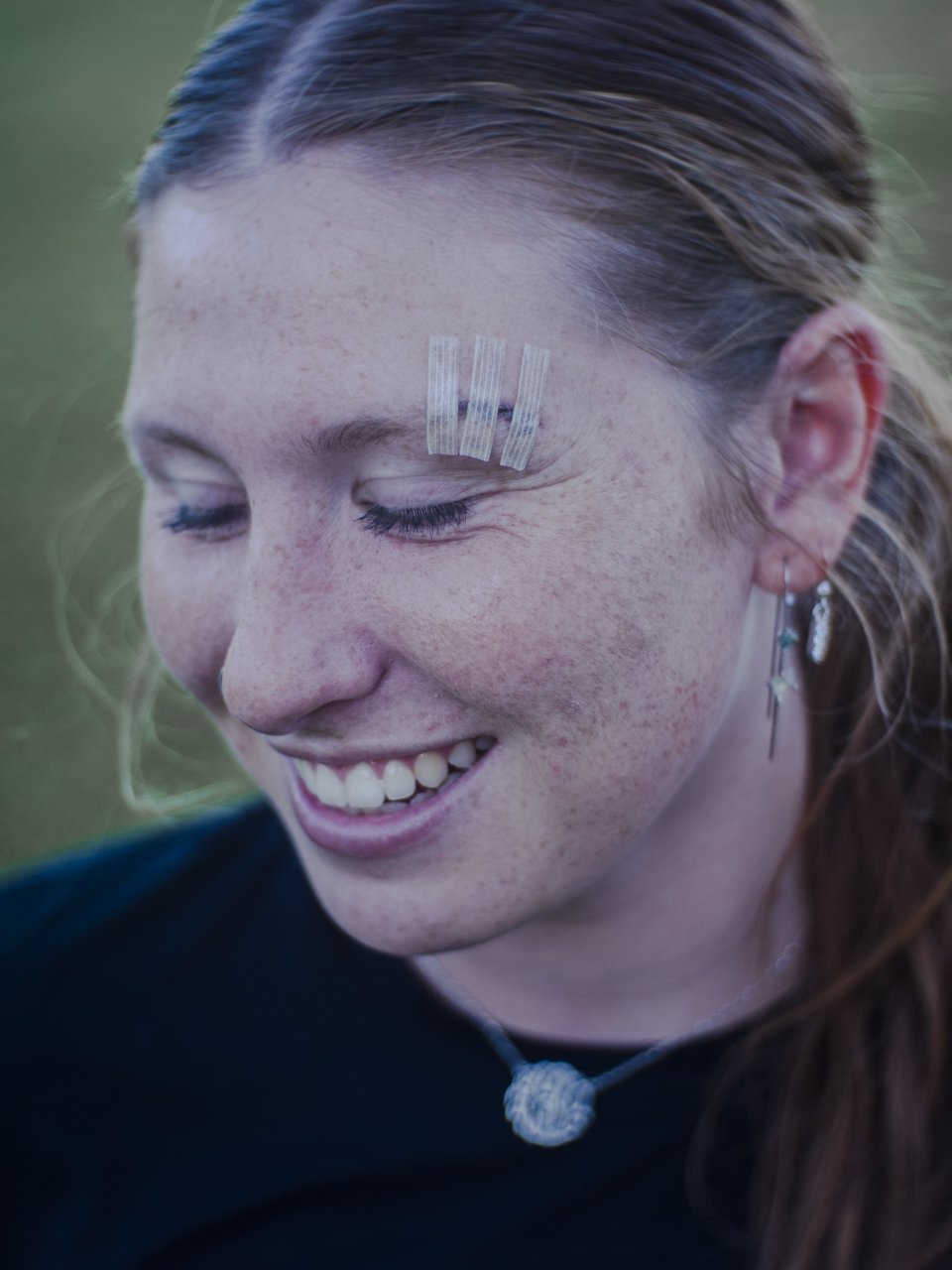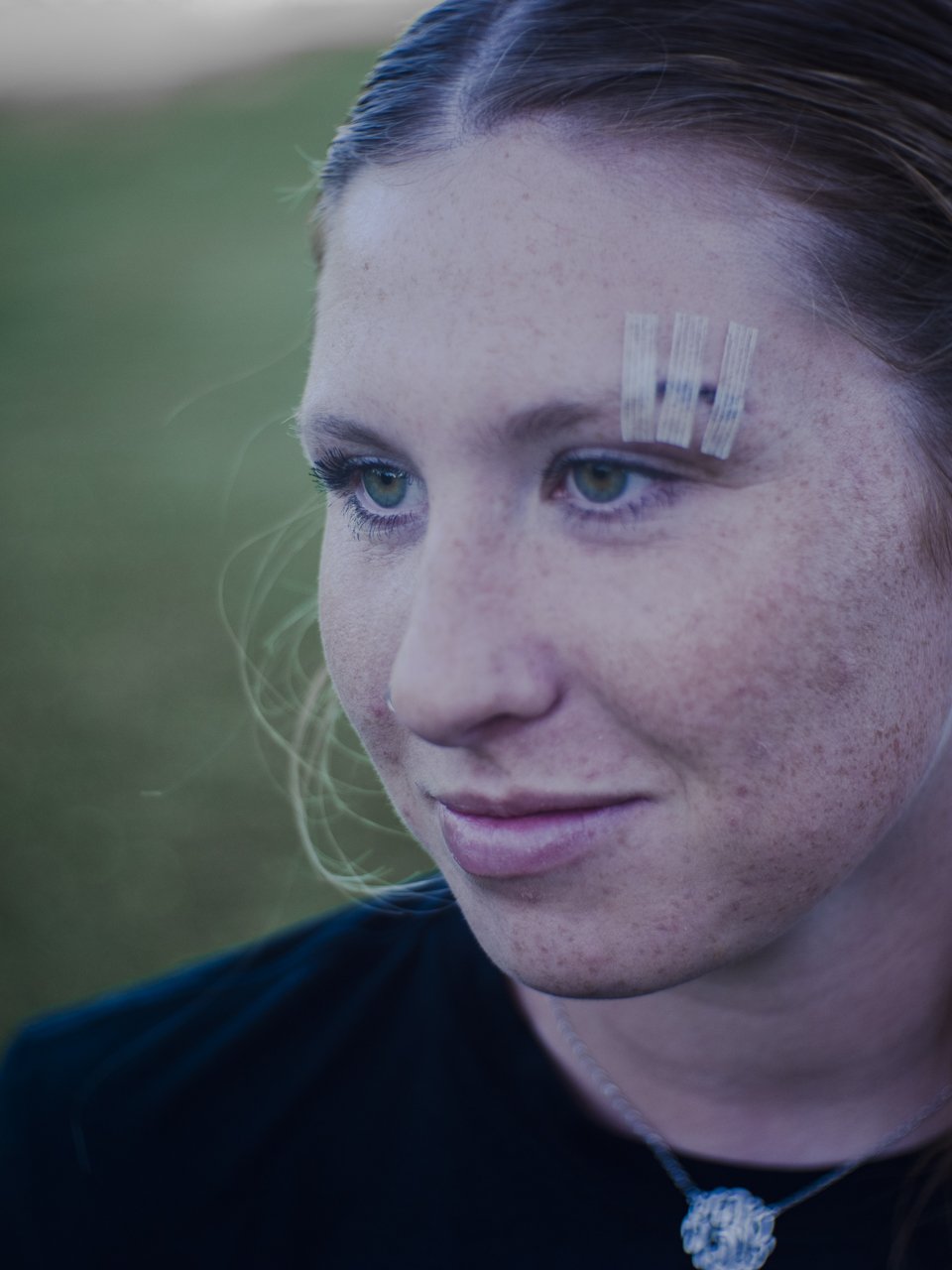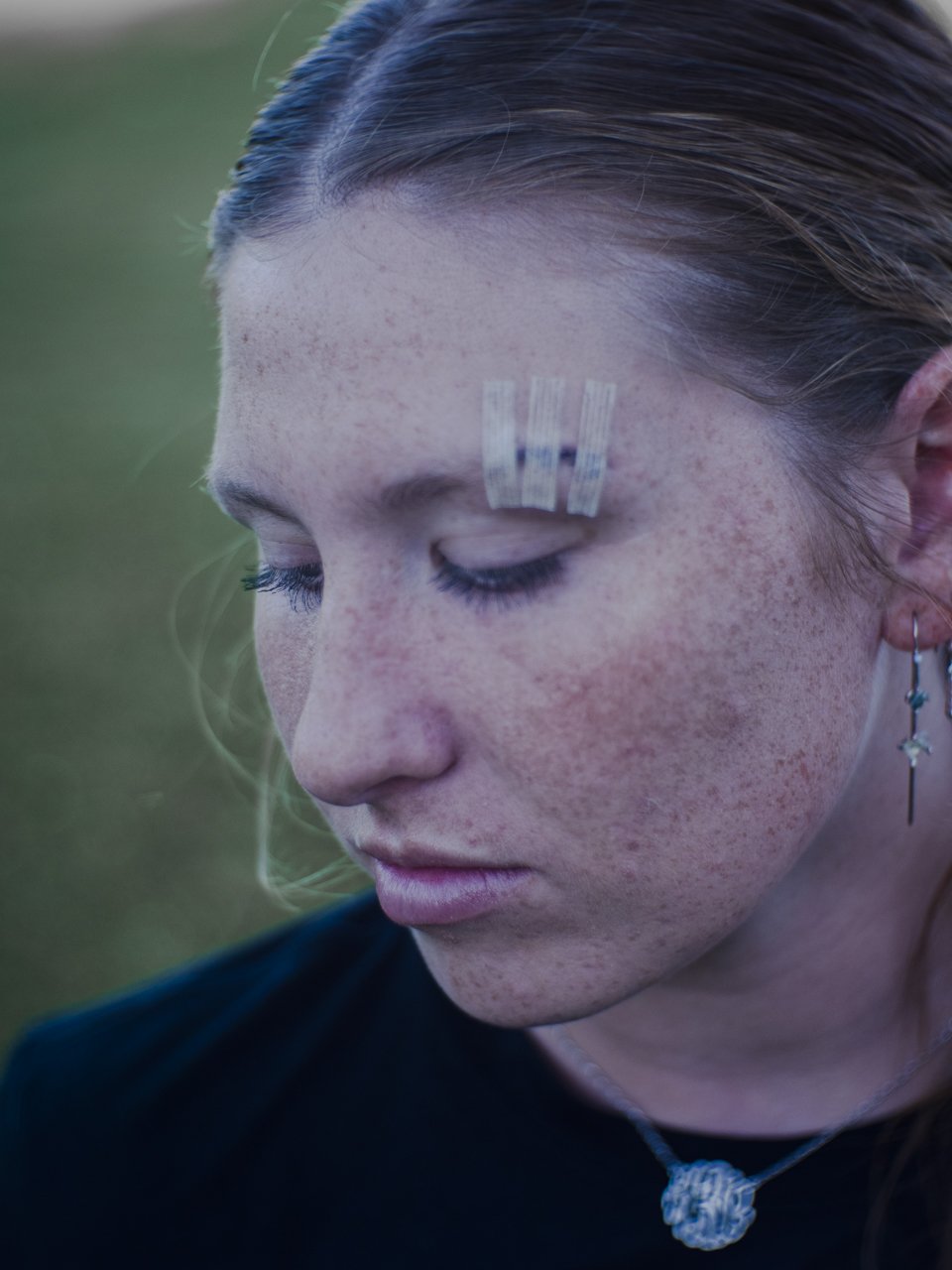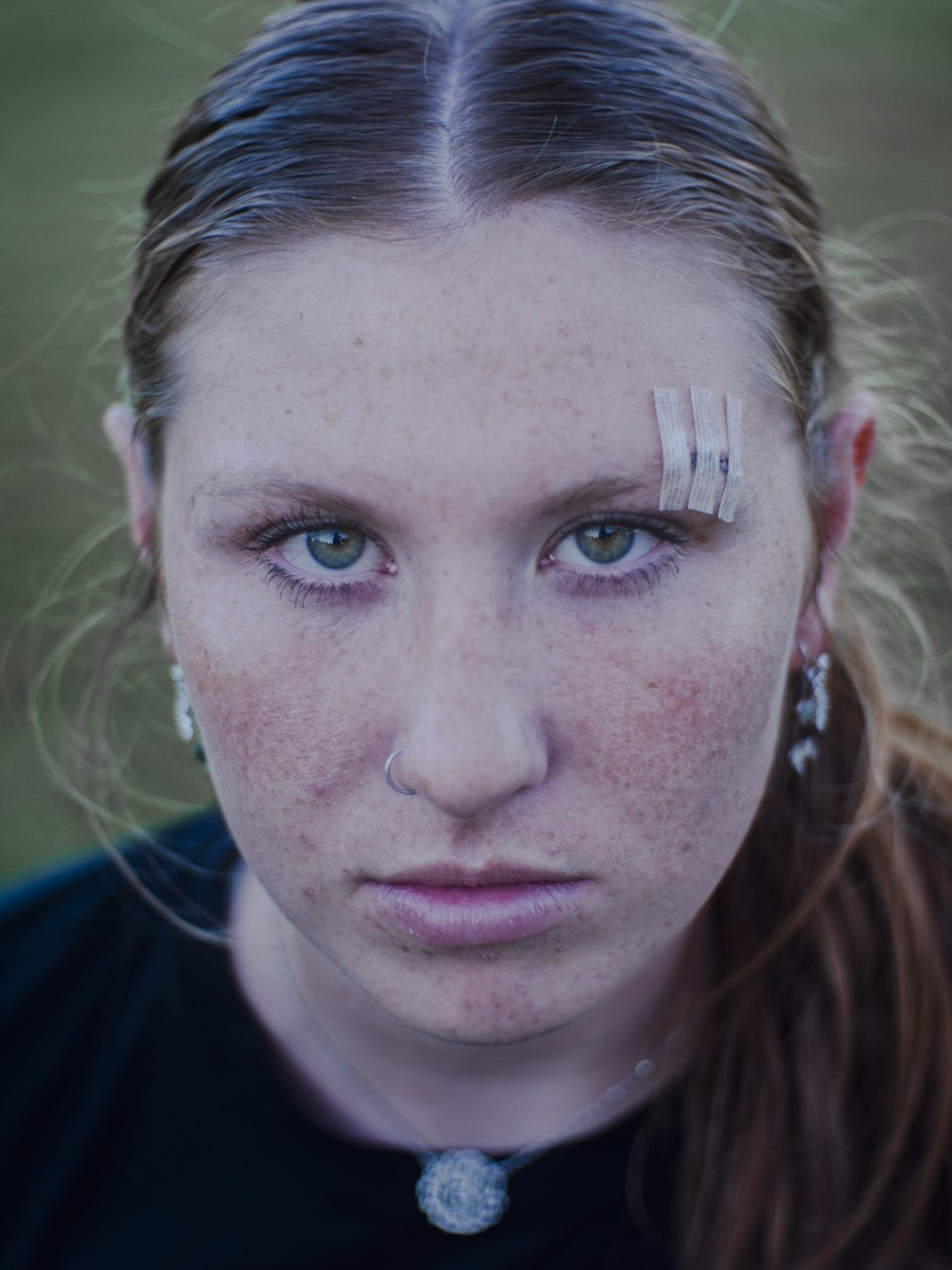CWU Athletes: Mental Health Grind
Story by Abby Snethen | Photos by Dylan Hanson | Design by Makayla Zayic
We all have mental health struggles in one way or another. But what makes the mental grind different for an athlete? Early morning practices, hard conditioning workouts, hours of studying film along with school, and maintaining a job sounds like a difficult balance to any person. But how come mental health struggles are rarely talked about within the sporting community?
In a survey conducted by PULSE this Fall, almost half of 56 student-athletes say their sport performance influences their mental health. 58%, more than half of the students polled, say they feel there is not enough mental health support for athletes at Central Washington University.
The stigma of performing well without external struggles getting in the way is a part of it but there is more to it than that. There are a lot of things that impact an athlete’s grind and different experiences that impact how each sport affects their mental health.
A lot of people play some sort of organized sports when they are younger. For some, their parents encourage them to go to summer sports camps or to join their school sports teams but not everyone sticks with it and plays in college.
Tia Andaya, a senior (major) on the volleyball team, knew from a young age that she was going to play in college.
“Once I got old enough, I realized I had potential to,” she says. “I grew up idolizing my dad’s players, and I knew I wanted to be a part of something like that.”
A memory that hits close to a lot of student athletes, this dream formed at a young age, often serves as the motivation to pursue higher level athletics. But, along with on-field stress there comes off-field competition.
STIGMAS AROUND MENTAL HEALTH AND SPORTS
With every sport comes some form of social judgment. Some believe that men can’t cry or show emotion in their sport, and others think women show their emotion too easily.
“There’s a lot of stigmas around the fact that a lot of athletes are tough physically, so people automatically think we are tough mentally,” says Kai Brandt, a junior Public Health major on the women’s rugby team.
“People don’t think you can get burnt out. You can struggle with team environments. Everyone thinks teams are the most perfect place to be but in reality, teams do have problems and cliques and gossip, and the environment can be really damaging.”
Stigmas are damaging in any environment, because they prevent people from expressing themselves how they want to. In sports, players suppress their emotions due to the thought that athletes can’t struggle mentally. This can lead to depression and anxiety, which puts more pressure on the player as they feel there is an expectation to perform their best despite the issues they are going through.
Reid Rasmussen, a senior Physical Education and School Health major on the baseball team, says, “The male side [of sports] is very hard at times because we’re supposed to be ‘strong’ and it’s hard to express emotions because you think you are going to get stigmatized for being weak, when you’re actually just going through a rough time.”
He explains that although he has supportive parents and people around him, he still thinks he is going to be called “soft or not strong enough” for expressing how he feels.He explains this applies both on and off the field.
The athlete’s life to Rasmussen is very stressful because, “we have to wake up at 6 a.m. for weights, have class from eight till noon, and then have practice from three to six. Then I have two hours to eat dinner and do homework and repeat that five days a week on top of not playing games.”
And while everyone goes through some type of struggle in college – managing their social life, getting assignments turned in on time, working a job – the athlete grind is just a different perspective with all of those activities on top of playing a competitive and time-consuming sport.
THE NEGATIVE IMPACT
Although most of the athletes PULSE interviewed say they love playing their sport, certain areas can impact their lives in a negative way. Lack of a social life along with lack of sleep can take a toll on anyone, especially when engrossed in a team setting.
Morgan Blankership, (year and major) on the women’s team says, “I think I’m just tired all the time because I wake up at 8 a.m. for class, and then I go to training right after class and then after training I go right to work.”
Blankership says being tired can affect her play in practice, which can then negatively affect her mental health. The sacrifice of friendships and family time for a player’s sport can put a big weight on their shoulders. Lack of a social life makes it harder for the player to escape their sport and find outlets outside of their sport.
Many believe that an important part of creating a healthy mental lifestyle is making your own support group; whether that’s friends, family or coaches, a system needs to be in place to provide accurate support for a person.
“I have to make sacrifices so I can’t go out every weekend. I can’t go see friends, I have to limit the time I see my mom and dad, even though I’m 40 minutes from home I see them once a month,” Rasmussen says. “I lose family time, I lose social time, I just have school and baseball sometimes and that creates minimal windows to escape from reality or escape from the sport.”
These athletes solely base their mental health around their sport along with their performance.
“I am an upperclassman now,” Brandt says. “I feel like I always need to be perfect, and I always have to be setting a good example and when I’m having a bad day or practice, I can never show it because people do look up to me.”
This thought creates a never-ending cycle of players having to perform well, while their mental health is deteriorating, which causes their performance to fall, which worsens the players mental health.
SUPPORT FOR ATHLETES: IS THERE ENOUGH?
With every aspect of life, people need support. Whether it comes from friends, family or other external sources, in order to have a healthy mental life everyone needs a strong system of people to help them through their struggles. However, many athletes say there is not enough support within the athletic community.
“Where’s the support?” Blankership asks. “If someone were to go and say they are mentally ill, coaches just kind of say ‘ok I’ll keep an eye on them.’ I know we have therapists on campus but that’s not enough for athletes because they only know so much.”
Mental health professionals like on-campus therapists can only help a certain amount. Most people must seek out therapists rather than being easily accessible. Schools that have more money donated to their athletics program can provide team psychologists, but those schools that have little income suffer.
Andaya transferred from Gonzaga University, a private college, to Central Washington in the Fall of 2021.
“I think at other institutions they’re working in the right direction, where there’s money and more resources,” she says. “We don’t bring in as much money as Gonzaga. Athletes have to go out of their way to get help.”
While there is little that can be done about the economic differences, the stigmas around mental health are what makes it hard for students to reach out for help. When this is paired with a lack of knowledge and availability of resources, it can make athletes feel like they are stuck in a lose-lose situation.
“Everyone always says ‘oh you can just go seek help’ but there’s just a big stigma with people wanting to go see help because they feel they’re not strong enough,” Rasmussen says. “When in reality I think it’s just based on the fact that their support group isn’t strong enough.”
RESOURCES AT CWU: WHAT PEOPLE KNOW
Most athletes, when asked if they know how to seek appropriate help within the athletic community, responded with typical sources such as the counseling clinic.
“I have timely care on my phone, I have Laura [Dahlby Nicolai, associate director of athletics for Compliance and Student-Athlete Services] and my friends and coaches and counseling services,” Brandt says. “But not anything super incredibly specific to the athletic department.”
Although the counseling clinic is a great resource, it is not specifically affiliated with the athletic department. Players stated that they could reach out to their teammates, coaches and family, but when it came to giving an unbiased source that could provide adequate help, they were silent.
“I used to know resources at Gonzaga but here I’ve looked into it and what’s offered just does not sound good. It’s not easily accessible,” Andaya explains.
Rasmussen explains that he knows there are resources around that can help, but like many athletes he couldn’t provide any examples of how and where the athletic department has that help. Knowing what your resources are may be even more important than using them.
Not everyone wants to seek help or wants to talk about what they are going through, but in those cases where they suddenly need help, they will have no idea where to go or who to turn to. The lack of information about resources in the athletic department is upsetting, specifically for those who severely need that help.






